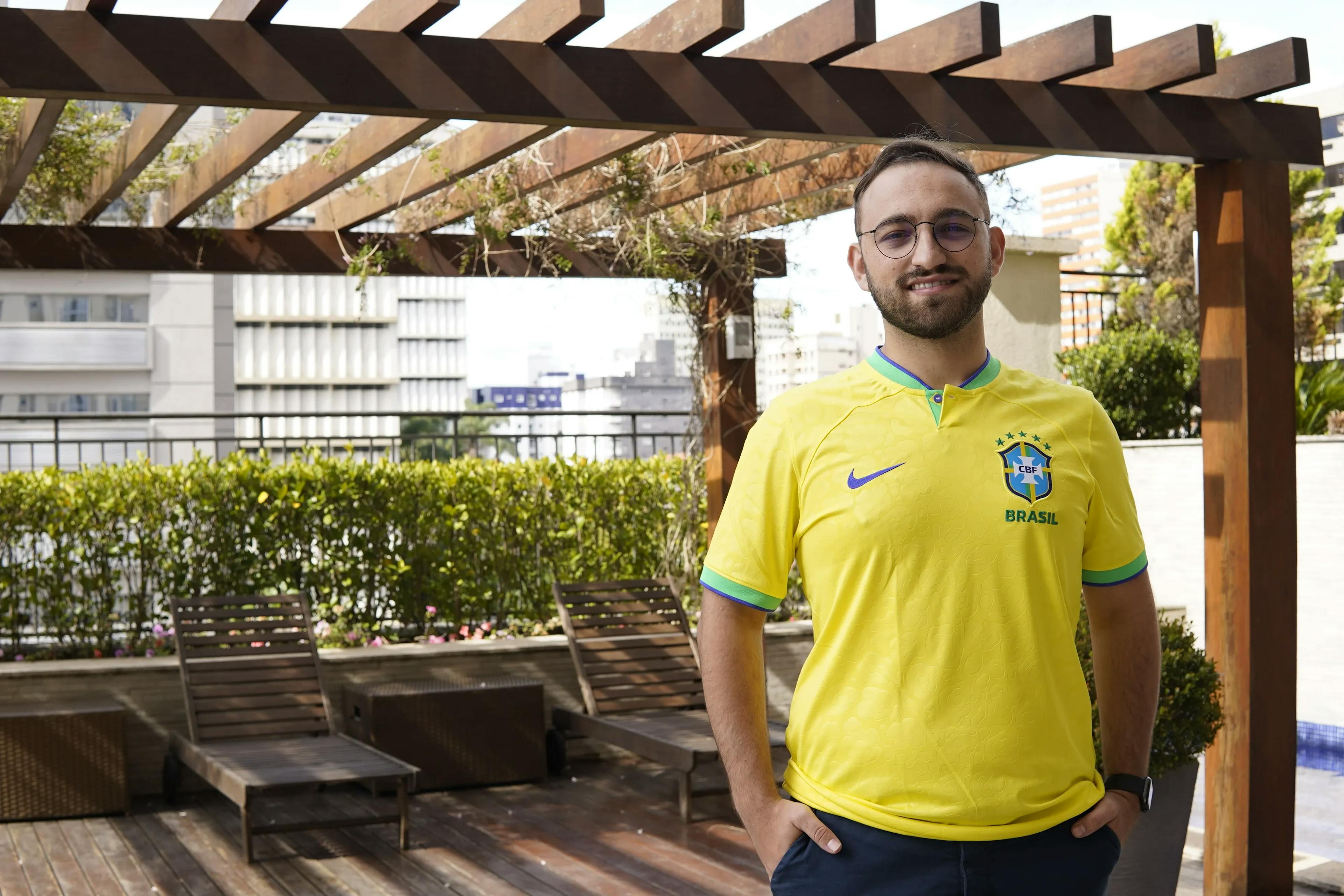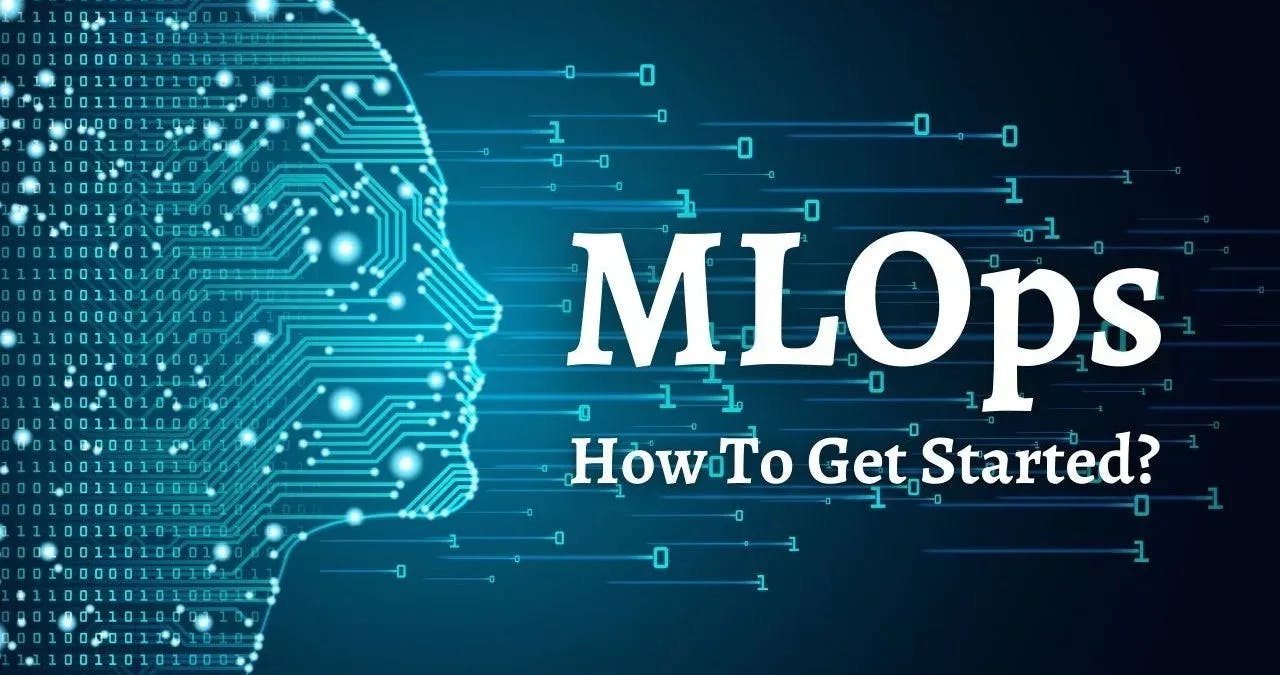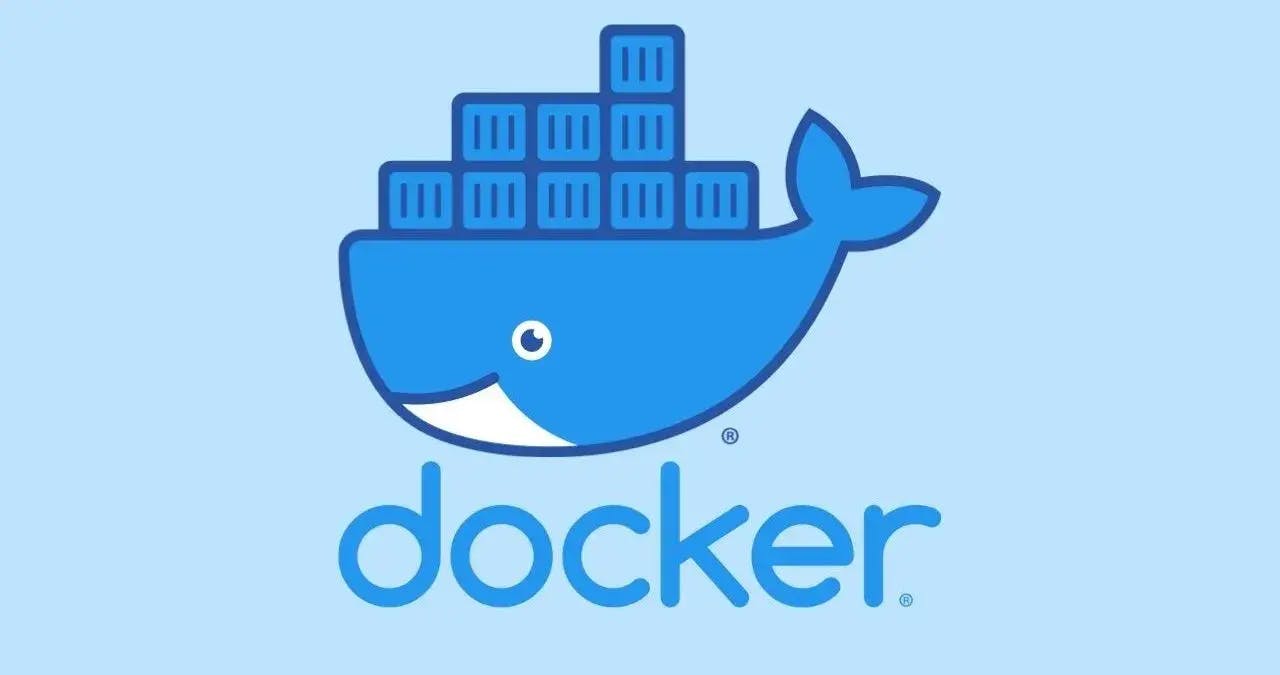Senior Azure DevOps engineer jobs
At Turing, we are looking for senior Azure DevOps engineers who will build, deploy, maintain, and automate the software development pipeline from source control through production. This is an exciting opportunity to work closely with industry veterans at leading US companies and build the most innovative technologies.
Find remote software jobs with hundreds of Turing clients
Job description
Job responsibilities
- Ideate, architect, develop, deploy, and evolve CI and CD systems
- Bring in continuous deployment practices to enhance Agile posture
- Write Infrastructure as Code (IaC) using industry-standard tools and services
- Write application deployment automation using industry-standard deployment and configuration tools
- Work with developers to identify necessary Azure resources and automate their provisioning
- Contribute to CI/CD infrastructure and process troubleshooting, including CI/CD pipeline support
- Work closely with key stakeholders to capture, analyze, and derive DevOps requirements
- Implement and stay abreast of Cloud and DevOps industry best practices and tooling
- Maintain detailed documentation of automation processes
Minimum requirements
- Bachelor’s/Master’s degree in Mathematics, Computer Science, IT (or equivalent experience)
- At least 5+ years of relevant experience as a software engineer
- Minimum 3-4 years of hands-on experience with Azure DevOps
- Hands-on experience in continuous delivery and continuous integration of CI/CD pipelines
- Proficient with Azure Repos, branching, code review, and code analysis tools
- Proven working experience with Git, Git Flow, Azure DevOps
- Strongholds on diverse DevSecOps concepts and tools, especially on Azure DevOps, Pipelines, GitHub, and GitHub actions
- Hands-on experience with Kubernetes and containerization technologies, like Docker and Azure Container Registry
- Good understanding of PowerShell scripting, Azure CLI, ARM Templates
- Expertise in working with REST APIs and consuming from .Net Technologies and PowerShell
- Knowledge of Azure Databricks, Azure Machine Learning Service, and their architecture and frameworks
- Fluent in English to communicate effectively with teams
- Comfortable with working full-time (40 hours/week) with a 4-hour overlap with US time zones
Preferred skills
- Expertise in Azure Functions
- Experience working with API Integration, API Design, and Progressive Web Application (PWA) is a plus
- Azure DevOps and Azure Data Engineering certifications are preferred
- Excellent presentation and coding abilities
- Outstanding analytical and communication skills
Interested in this job?
Apply to Turing today.
Why join Turing?
1Elite US Jobs
2Career Growth
3Developer success support
How to become a Turing developer?
Create your profile
Fill in your basic details - Name, location, skills, salary, & experience.
Take our tests and interviews
Solve questions and appear for technical interview.
Receive job offers
Get matched with the best US and Silicon Valley companies.
Start working on your dream job
Once you join Turing, you’ll never have to apply for another job.

How to become an Azure DevOps engineer?
Azure DevOps offers developer services that enable teams to organize their work, collaborate on code development, and create and deploy apps. Azure DevOps nurtures an environment and set of practices that brings the best of developers, project managers, and contributors to collaborate on software development. It enables enterprises to produce and enhance products at a far faster rate than traditional software development methodologies allow. You may use Azure DevOps Services in the cloud or Azure DevOps Server on-premises.
Aspirants for the Azure DevOps engineer jobs are advised to master the subject matter basics in order to build skills in interacting with people, becoming familiar with various procedures, and employing various technologies. All of these fundamental elements will assist individuals using Azure DevOps to deliver commercial value to final outcomes.
What is the scope for Azure DevOps engineers?
The market need for Azure DevOps has increased, which has resulted in a greater demand for competent Azure DevOps engineers. Almost every organization uses cloud services for its operations, necessitating the appointment of experts. If you have IT experience, learning DevOps is a must-have skill to kickstart your career. Azure DevOps has a bright future ahead of it, with several solutions to IT problems.
There's no doubt that Azure DevOps specialists are well-paid and hardworking. Azure DevOps is an excellent method that many IT organizations are presently implementing in order to provide more trustworthy and faster solutions to their clients.
Azure's future is bright, and it is already more than a cloud. It is currently a key infrastructure for the connected world and will be a significant facilitator of the next generation of technology, namely data and AI.
What are the roles and responsibilities of an Azure DevOps engineer?
The Azure DevOps Engineer is a part of the Enterprise Application Rapid Delivery Services team and is largely in charge of designing, deploying, maintaining, and automating our software development pipeline from source control to production. In an Azure DevOps engineer job, you will work closely with operations, or as an operation professional, you will work closely with development. In an Azure DevOps Engineer job, the applicant is in charge of creating and delivering scripts and automation tools that are used to create, integrate, and deploy software releases across many platforms. The applicant will guarantee that solutions are designed in accordance with corporate requirements and can be implemented in the firm's environment (whether in a global or local environment). The responsibilities in the Azure DevOps engineer job are as follows –
- To increase engineering delivery, write software ranging from build system automation to automated deployment.
- Incorporate continuous deployment strategies to strengthen our Agile stance.
- CI and CD solutions for our cloud apps must be imagined, architected, developed, deployed, and evolved.
- Use industry-standard tools and services to create Infrastructure as Code (IaC).
- Use industry-standard deployment and configuration technologies to create application deployment automation.
- Create and execute continuous delivery pipelines for provisioning and operating client test and production environments.
- Respond to monitoring warnings and provide system help.
- Implement and keep current on best practices and technologies in the Cloud and DevOps industries.
- Collaborate with teams to discover and automate the provisioning of Azure resources processes for document automation
- Troubleshooting workstation difficulties (e.g., proxy, McAfee) Troubleshooting CI/CD infrastructure and processes (disk space, network issues, etc.).
- Pipeline support for CI/CD (troubleshooting, support with setting up new projects)
- Collaborate with key stakeholders to identify, evaluate, and develop DevOps needs.
How to become an Azure DevOps engineer?
Candidates for the Microsoft Azure DevOps Engineer Expert certification must be proficient in Azure Administration and Azure Development. Continue reading to learn more about the path to get an Azure DevOps Engineer job.
It is critical for you to understand and follow specific instructions before proceeding with the primary certification. You must take the AZ-400 test in order to get the Azure DevOps Engineer Expert certification. You just need to pass one examination to earn the requisite expert engineer credential. However, in order for you to land the AZ-400, certain prerequisites must be met first. There are two certifications available, and you must seek or have at least one of them to be qualified to take the AZ-400 test.
Microsoft Certified: Azure Administrator Associate and Microsoft Certified: Azure Developer Associate are optional qualifications. You might choose to earn both certificates or simply one in order to complete the chain of acquiring the professional DevOps engineer certification.
Interested in remote Azure DevOps engineer jobs?
Become a Turing developer!
Skills required to become an Azure DevOps engineer
When designing cloud apps, you need different talents and a different attitude than when developing on-premises applications. This is due to the cloud's resilience, global scalability, and capabilities and services that are not accessible on-premises. To stay alive in this new environment, you must improve your present talents and learn new ones. Some of the fundamental abilities required for an Azure DevOps engineer job are listed below.
1. Linux fundamentals and scripting
Companies no longer have to be worried about proprietary operating systems. We are currently living in the era of Linux. The vast majority of companies prefer to run their applications on Linux. As a result, the ability of an Azure DevOps engineer to work with the Linux operating system is critical. Furthermore, most configuration management solutions, including Puppet, Chef, and Ansible, include Linux master nodes. DevOps is a sort of automation that includes infrastructure provisioning. As a result, an Azure DevOps engineer job is to be able to work with and be proficient in at least one scripting language (preferably Python). As a result, Linux and Linux-based programming would be a required DevOps skill set.
2. Continuous integration and continuous delivery
Continuous Integration and Continuous Delivery, or CI/CD, are at the heart of DevOps. It is the continuous integration of code from several developers, testing it, and finally delivering the successful code to production. Deploying to production will mostly entail the creation of new containers, which will be automated once more via the use of scripts.
3. Key concepts of DevOps
DevOps, contrary to popular belief, is neither a technology nor a tool. It is an approach that does not adhere to a set of rules. As a consequence, firms may adopt the technique by tailoring the framework to suit their own requirements. The fundamental purpose of the DevOps approach is to bring together the Development and Operations teams in order to bridge the gap and accomplish work more rapidly. When companies employ the DevOps method, they can produce high-quality software much more quickly. All of the tools and techniques stated above are utilized to accomplish this process and generate software solutions on time.
4. Scaling application
Scaling your application in, out, up, and down is much easier using the cloud. You may rapidly upgrade to a more capable server and expand the number of application instances, and vice versa. That is up to the Azure developer; they must guarantee that when a new instance of an app is generated, it remains operational. Azure can assist with issues such as global scale. It provides a service called Azure Traffic Manager, which routes users to the best-performing application instance based on their location
5. Monitoring pipeline
Many different services run your system in the cloud. The cloud's scattered and loosely linked architecture makes it tough to gain an overview of what is going on and gain a knowledge of your system. You must set up a pipeline to monitor the services and, if necessary, troubleshoot them. To gain an overview of how things are doing, you may utilize the Azure Monitor service. It is the Azure developer's responsibility to implement them on any apps that need monitoring.
Interested in remote Azure DevOps engineer jobs?
Become a Turing developer!
How to get a remote Azure DevOps engineer job?
There are several compelling reasons why you should work as an Azure DevOps engineer. It offers promising services and features that enhance its popularity. Before you begin preparing for Azure, you should determine the abilities and areas of expertise you must be familiar with. The Microsoft certified Azure developer associate credential is the greatest way to land a lucrative Azure DevOps engineer job. This certificate verifies your knowledge and proficiency in Azure development abilities. Employers favor certified specialists over those with ambiguous cloud platform experience.
Turing provides the greatest remote Azure DevOps engineer jobs that are most suited to your profession. You will have the opportunity to work on business problems as well as technical ones, allowing you to advance your career quickly using cutting-edge technology. Join a network of the world's greatest developers and apply for full-time, long-term remote Azure DevOps engineer jobs with faster career progression and higher pay.
Why become an Azure DevOps engineer at Turing?
Elite US jobs
Career growth
Exclusive developer community
Once you join Turing, you’ll never have to apply for another job.
Work from the comfort of your home
Great compensation
How much does Turing pay their Azure DevOps engineers?
Every Azure DevOps engineer at Turing has the ability to determine their own fee. However, Turing will propose a pay at which we are confident we can find you a successful and long-term opportunity. Our recommendations are based on our evaluation of market circumstances as well as consumer needs.
Frequently Asked Questions
Latest posts from Turing
Leadership
Equal Opportunity Policy
Explore remote developer jobs
Based on your skills
- React/Node
- React.js
- Node.js
- AWS
- JavaScript
- Python
- Python/React
- Typescript
- Java
- PostgreSQL
- React Native
- PHP
- PHP/Laravel
- Golang
- Ruby on Rails
- Angular
- Android
- iOS
- AI/ML
- Angular/Node
- Laravel
- MySQL
- ASP .NET
Based on your role
- Full-stack
- Back-end
- Front-end
- DevOps
- Mobile
- Data Engineer
- Business Analyst
- Data Scientist
- ML Scientist
- ML Engineer
Based on your career trajectory
- Software Engineer
- Software Developer
- Senior Engineer
- Software Architect
- Senior Architect
- Tech Lead Manager
- VP of Software Engineering











